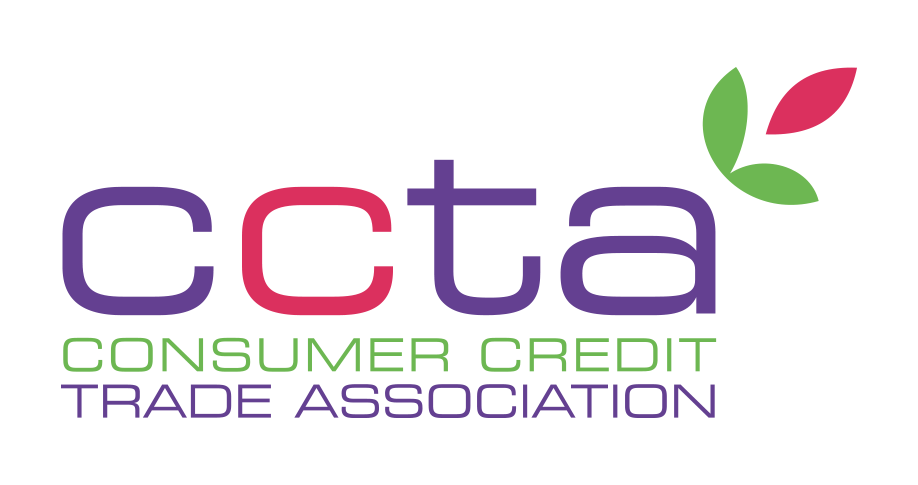Five Factors to Consider Before Taking Out a Short Term Loan
Unexpected expenses can cause financial issues for even the most diligent budgeter, and has many individuals turning to credit facilities like short term loans. You should carefully consider the implications of a short term loan before you apply. Here’s what you need to know...

What is a Short Term Loan?
A short term loan, like a regular loan, involves a borrower applying for a certain amount of money which, if approved, is paid to the borrower by the lender in one lump sum. The difference with a short term loan is that the time you have to repay it is much shorter. Instead of paying off what you borrow over several years, a short term loan is usually paid back in under a year.
The shorter loan term also usually means that your monthly repayment amount is higher than if you take out a long term loan because you have less time to pay back what you borrow and the lender can only make money from the interest charged in this small time frame. For this reason, short term loans can end up making your financial situation worse.
Short term loans are similar to payday loans, too. Despite the name, payday loans aren’t actually linked to an individual’s pay day – in other words, you could apply for a payday loan on the day you get paid! However, like short term loans, payday loans have a very short repayment term, even less than short term loans, as their purpose is usually just to provide the borrower with the funds necessary to see them through to the end of the month. Borrowers considering this type of loan should be aware that late repayments can cause serious money problems. Short term loans and pay day loans are unsuitable to support sustained borrowing over long periods and would be expensive as a means of longer term borrowing, You can find out more here.
How Can I Get a Short Term Loan?
Short term loans are offered by many credit lenders and banks. They are available to anyone who meets the lender’s eligibility criteria. There are ways of finding out if you are eligible for a short term loan, such as through credit reporting sites like Experian or ClearScore. These sites help you learn more about your credit score and history, and can help you understand the risks before taking out a loan.
What Should I Be Aware of Before Getting a Short Term Loan?
As with any credit facility, it’s important to understand how a short term loan works and what your financial obligations will be if you should apply and be approved for one. Here are five factors to consider before taking out a short term loan...
- ● Is this right for me? A short term loan is not suitable for paying household bills, paying rent or a mortgage or paying back people you owe money to. If you are struggling to pay essentials, you should speak to a support service. The Money Advice service has free independent advice for anyone who needs it
- ● Interest Rate: you should conduct a thorough comparison between lenders and banks when applying for a short term loan to understand the different rates available.
- ● Loan Term: Short term loans have shorter repayment terms, meaning you will have to pay back the money you borrow relatively soon after you have borrowed it, unlike a long term loan or a homeowner loan. Before applying, make sure you are aware of the loan term and that you will be able to pay it back within that time period.
- ● Fees: Make yourself aware of all fees being charged by a lender for a short term loan. These include credit report charges, appraisal fees, underwriting fees and even administration fees. This can make a short term loan more expensive than you realise or originally expect.
- ● Credit Score: Any credit application you make will impact your credit record, and any credit facility you may obtain will also have an effect on your credit rating. Make sure that you can repay a short term loan within the loan term, and that you can make the repayments on time, to ensure that your credit score and overall financial situation is not made worse.
Alternatives to Short Term Loans
There are a number of alternatives to short term loans:
Credit Cards: A credit card is like a loan but instead of being given the lump sum in your bank account, you receive a card with a maximum value, known as a credit limit. You will be able to spend up to that amount before repaying all of it or some it every month. Credit cards always have a minimum payment amount that you must pay back every month. If you only pay the minimum repayment every month, it can take significantly longer to pay back what you have borrowed. This is because your repayments will mainly cover interest and charges rather than the borrowed amount. For this reason, borrowers should try and pay back as much as they can every month and shouldn’t spend more than they can afford to repay.
Authorised Overdrafts: An agreed or authorised overdraft can serve as a buffer in times of financial strain and is a credit facility you only pay for when you use it. An authorised overdraft is one you have agreed with your bank before you use it. This can be an expensive way to borrow and overdraft limits vary, as do the interest amounts charged on it (when it is used). These factors will depend on your bank. An unauthorised overdraft is one you use without prior agreement and borrowing money this way can lead to serious money problems.
Long Term Loans: A long term loan is an option for people looking to make large purchases , like cars, or when consolidating other debts into one payment. They can be secured or unsecured, or can even be backed by a guarantor.

